Prehistoric Flight
Way Earlier Than Antique Airplanes!
In 2020, the COVID pandemic cancelled most air shows. Some, like Oshkosh, held virtual events. Some aviation museums are starting to reopen slowly. Hopefully people are busy in hangars restoring antique airplanes and readying them for when we can all get out and travel again.
It's no fun to be grounded when you want to fly and explore.
We have had a personal setback too, with some health issues slowing us down. We don't have the time to check on which venues are still viable and which are things of the past.
So... Post COVID our advice is to check with each air show or museum to see if they are open and operating. Stay safe.
We explored early flight recently. Prehistoric flight... I’m not talking early gliders or balloons or flapping bicycles…
…not even myths like Icarus with his wings of wood, wax and feathers.
I’m talking REALLY prehisotirc flight…
...like Pterosaurs… Pterodactyls.
The American Museum of Natural History has a touring exhibit that we saw at the California Academy of Science in San Francisco.
Forget the Wright Brothers…
Well no, we won’t do that…
But Pterosaurs took to the air millions of years ago… they were around from 220 million years ago or so and went extinct 66 million years ago.
Now insects were flying even way back then, but Pterosaurs were the first animals with backbones to fly.
So maybe I've teased a bit, but don't you think all flight is interesting?
(Click on any photo to start a slide show with larger photos.)
Prehistoric Flight Among The Dinosaurs
Let’s get the terminology straight. Pteron comes from Latin for wing, and sauros means lizard... so winged lizard. Makes sense, eh?
Some of the first fossils found were called Pterodactyls because their wings are actually membranes attached to a
very, very long 4th finger... so "wing finger". You and I might use the terms interchangeably, but scientists don't.
All are most properly called Pterosaurs. And they are related to dinosaurs, but they are on a different branch of the family tree.
Bent Wing Birds
They launched from a crouch... no runway needed.
Pterosaurs folded their wings when not flying… like a bent wing bird.
Then they walked on their wings… well, not really…. With their “finger wings” folded, they walked on all fours.
Experimenting With Size And Shape
Just like early flight in what we’ll call “the modern age” of flight… these Pterosaurs came in all sizes and shapes. With wing spans of only 10 inches to wing spans of 33 feet (10 meters).
They evolved with bills of all kinds for finding food.
And they sported amazing crests possibly just to show off...
...or recognize each other...
...or maybe to steer…
...though current theory says it created too much drag for that.
How Did They Fly?
The dynamics of prehistoric flight weren't that different from today. Scientists have determined that Pterosaur wings were thicker at the front than at the back. The airflow over this shape created a pressure difference between the top and bottom of the wing… generating lift.
Larger Pterosaurs tended to glide more… just like large birds. Smaller ones flapped more to fly.
There were interactive displays where kids (of all ages) tried to fly like a Pterosaur. (Flapping wasn't always the best.... there were a lot of video crashes!)
Maybe a fun exhibit like this will encourage some young people to learn to fly themselves…. wouldn’t that be great.
We need more pilots.
Want More Information?
You probably got way more information on Pterosaurs than you wanted. Sometimes I just get a kick out of writing something off the wall about flight… and you gotta admit, prehistoric flight goes WAY beyond antique airplanes!
The exhibit is gone from San Francisco now, but if you want more information you can start researching at the American Museum of Natural History site.
Find 'em, See 'em, Fly,'em! And have a great flight!
Judy and Mark
Curious about what other antique airplanes we've found? Search for more...
But... We'd love to have you share this page or comment on it... Thanks
Ready For A New Adventure?
Follow Your Passion
Who knows where it will take you?
(Look around at where it's taken us!)
Click below to start your own journey
Two Ways To Like Us!
Like Our Site Top Left -or-
Like Our Fanpage Below
Thank You!
Calling All Pilots
Please Share!
Ask A Question
What Plane Is That?
Maybe our readers can give you an answer.
We can't do this alone. Writing just a short story won't be too painful! Something about...
Your funniest flying story
Your favorite airplane
Your favorite fly-in lunch stop
How about something
Recommend
An aviation museum or
An air show you liked.
Or... just contact us with
Suggestions or Questions
Write It or Read It
In Your Own Language!
Antique Airplanes
You Might Like...
Click on a photo to Read About...
Our Cub to Oshkosh Story...
See antique FRENCH airplanes...
You can find this beautiful Fox Moth in Canada
Didn't Find It?
Search For It...
What We've Seen Lately and Updates
-
2021 Airplane Fun - Planes Flew Even If We Didn’t
Our 2021 airplane fun was confined to domestic travels. But plenty of airplanes fly close to home. -
Golden Age Air Museum
Nothing pretentious, just cool old (pre-WWII) aircraft and most of them fly! -
2020 Airplane Fun - Mostly Watching Skies At Home!
Our 2020 airplane fun was confined to Guyana and French Guiana. And the skies at home due to that darned COVID virus!
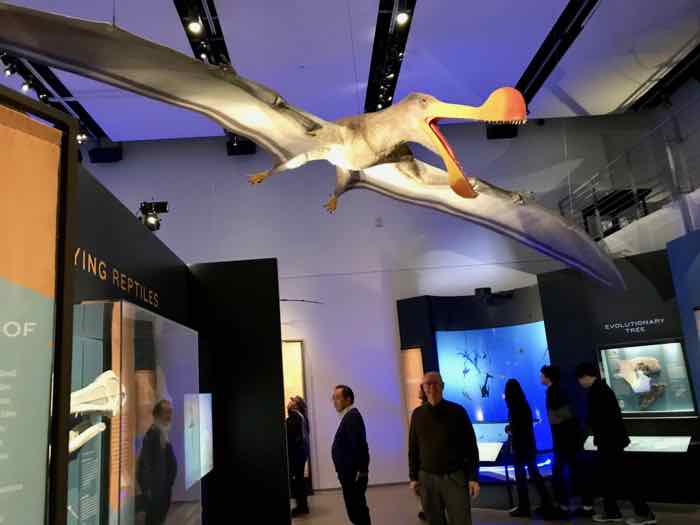
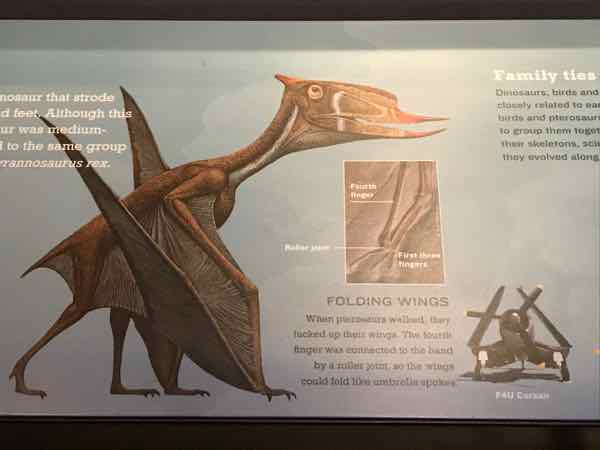
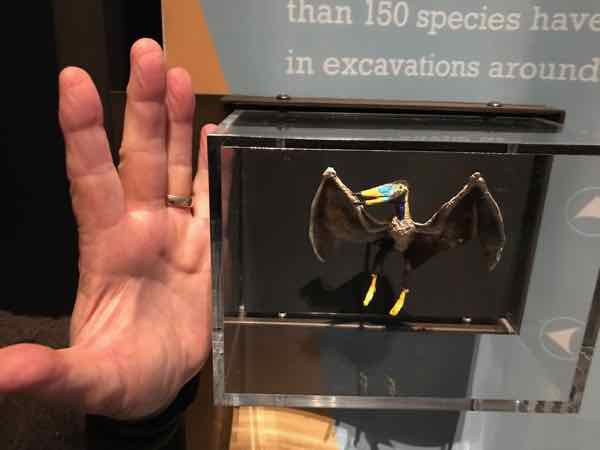
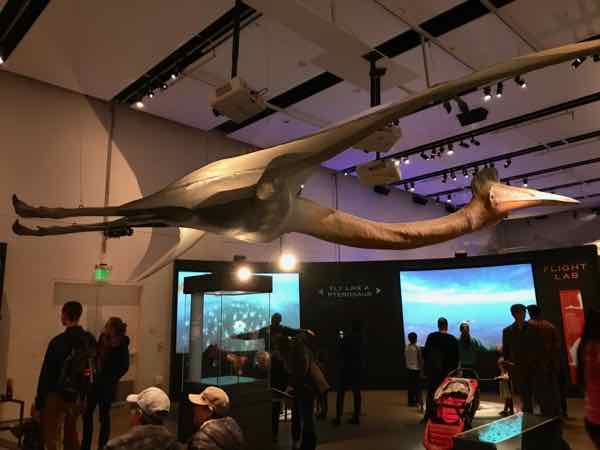
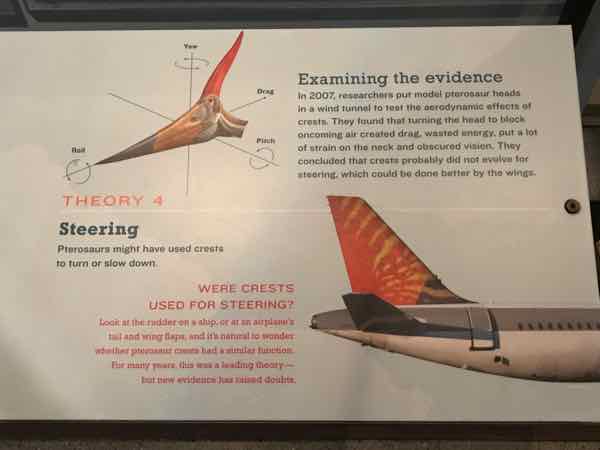
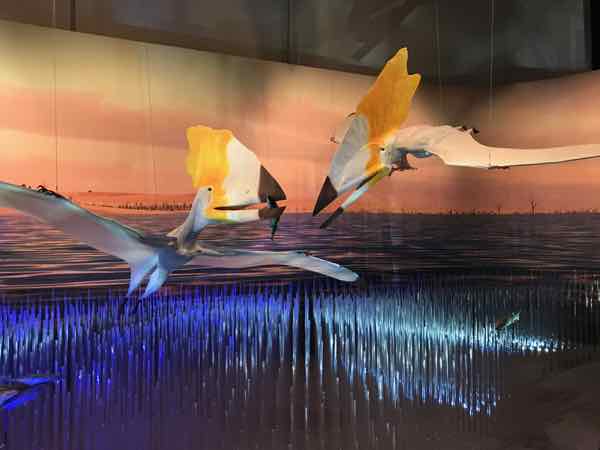

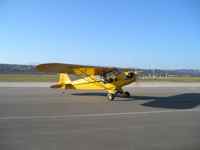
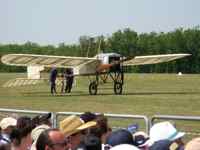
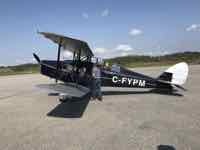


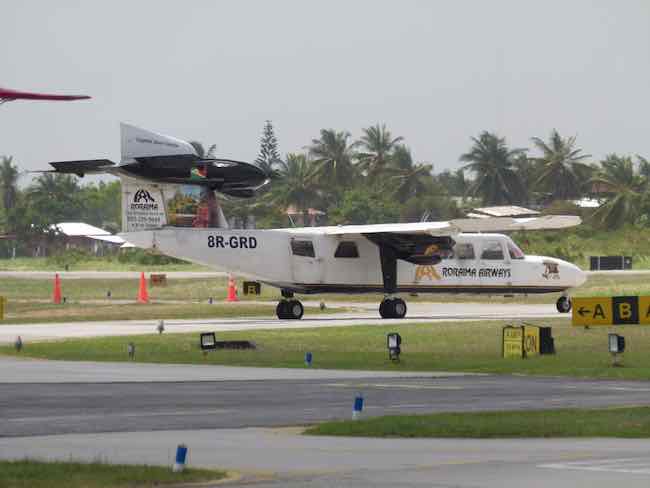
New! Comments
Have your say about this page on Antique Airplanes... what you just read or something you'd like to add! Leave me a comment in the box below.